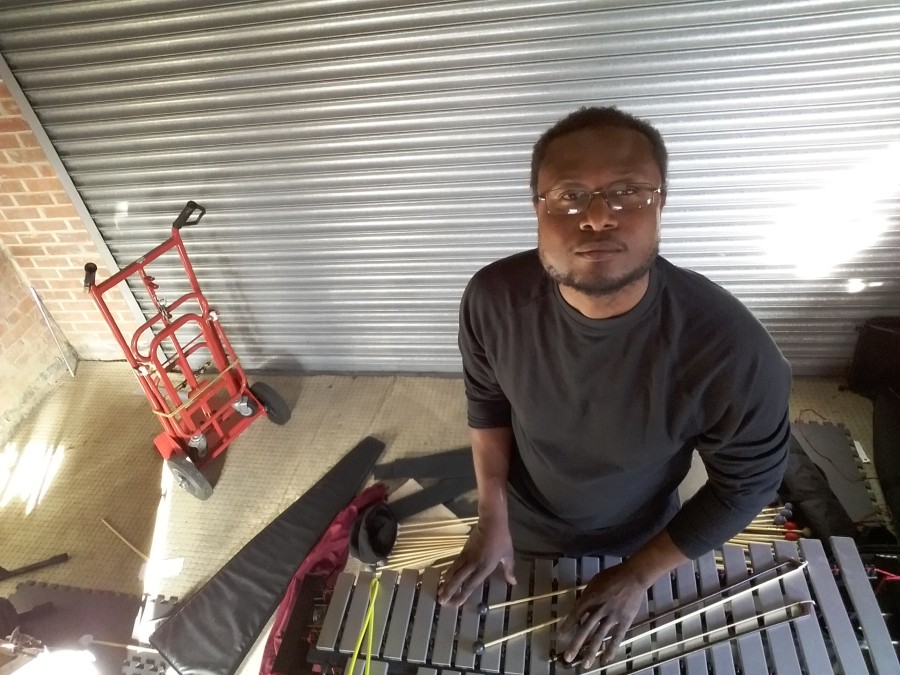Jazz Studies - Works in progress (presentation)
P424 Parkside Building (BCU), 5 Cardigan Street, Birmingham B4 7BD, GB

Free but you need to register Get tickets!
I will be presenting alongside Andrew Bain and Trish Clowes as part of this BCMCR Research Event! Here are descriptions of the talks.
Corey Mwamba (BCU) - We all have to deal with Gary Burton - representations of and turnings away from a singular voice in jazz vibraphone performance
Gary Burton is one of the most influential vibraphonists of all time. His eponymous four-mallet grip, pianistic technique, and melodic invention have been used as a performance standard for generations of vibraphonists and percussion educators. There are compelling arguments for a musician's "sound" in jazz performance displaying individuality through tone. Yet even though Burton is easily identifiable, he has rarely spoken about this aspect of his playing: and he may not even believe it exists. This presentation asks two questions: what makes Gary Burton sound like Gary Burton? and what does it mean to not sound like Gary Burton?
Andrew Bain (BCU) - No Boundaries: An exploration into Free Improvisation & the implications on my teaching methodology
My final PhD case study featured Peter Evans (trumpet), John O’Gallagher (saxophone) and Alex Bonney (electronics) in a freely improvised setting with no music, no rehearsal and no pre-conceived ideas. We simply played. But what does it mean to simply ‘play’? And how does that manifest in a group improvised context? Primarily aural and physical acts, I submit that simply ‘playing’ is informed by a reservoir of improvisational knowledge, alongside a keen awareness of intelligent transactions in a live context.
I will also discuss the confluence of my performance, pedagogical and research methodologies, and its relevance to my undergraduate jazz students and their own personal evolutions.
Trish Clowes (BCU) - Emulsion – a study in improvisation & participation in new music
Having created a novel performance space for experimentation through my new music festival-come-project Emulsion, I am now examining the types of interaction happening in this space, for both the performers and the listeners. I will explore the boundary between these two groups in the performance space through two case studies in 2018, to better understand the nature of their communications and to discover how permeable this boundary could be. My current challenges are to decide upon the most effective activities for my case studies (considering performance practice and composition technique) and to refine my frameworks for analysis during and after.